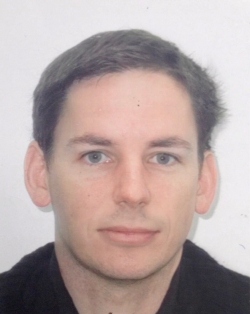The Department of Historical Studies at the University of Cape Town has entered a new phase of curriculum innovation and knowledge production, expressed in an innovative five-year programme, History Access, funded by the Andrew W. Mellon Foundation. Aimed at training a new generation of South African historians who are conceptually multilingual, technically competent, and academically rigorous, the projected key outcomes of this programme include the production of a critical multilingual conceptual lexicon, journal articles/ book chapters, innovative (new media) articulations of original research, and increased interface with public lives of the historical discipline.
We recognize that a significant number of the PhD and Master’s – and even some of the Honours – dissertations are often found by supervisors and external examiners of almost publishable quality which, with minor revisions, can find place in peer-reviewed journals. Unfortunately, after finishing the dissertations, the students often do not have a space to develop them into articles. As a result, most of these dissertations stay buried in the university library and out of the public domain. This programme is aimed at providing support for five PhD, Master’s and Honours students who have graduated from the UCT Humanities Faculty within the last two years to enable them finalizing publications based on their original research for appropriate peer-reviewed journals. Preference will be given to the students of the Department of Historical Studies, but students from a cognate discipline will also be seriously considered for any historically themed publication.
Congratulations to the recipients:
2022 Recipients
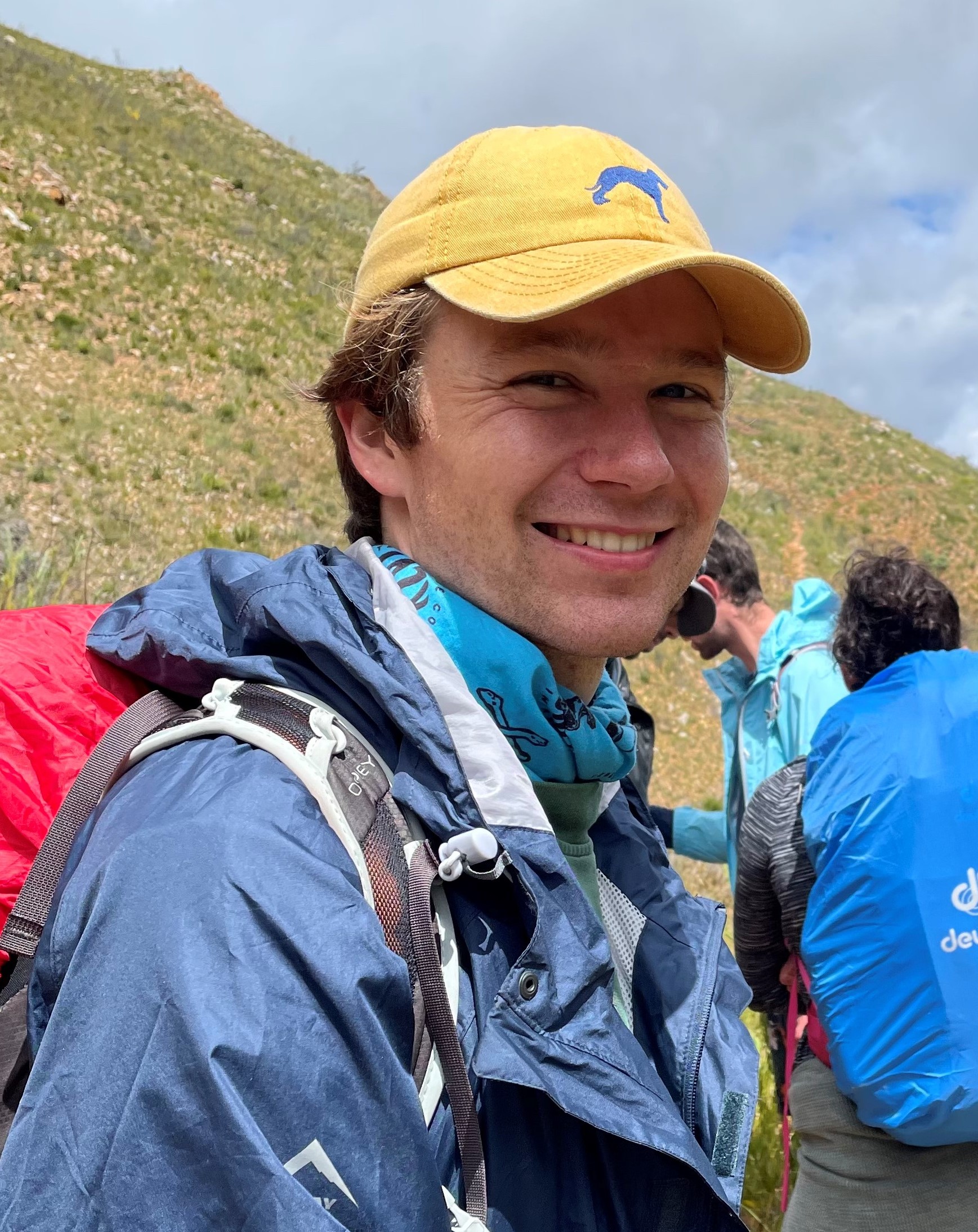
Daniel Dix
Daniel completed a Master of Arts in history at UCT in 2021. His dissertation focused on materiality, bureaucracy and officials’ anxieties in 1890s colonial Natal. With the resident magistrate of Durban as the focus, the dissertation unspools several webs of correspondence concerning seemingly innocuous topics ranging from one missing pound to a misappropriated notebook. The dissertation offers conclusions on the local historiography’s conceptualisation of the settler state, the contributions of a form-focused analysis of bureaucracy, and the ambitions, anxieties and documentary habits of officialdom in 1890s Natal. Since completing his Masters, Daniel has pursued graduate studies in law at UCT.
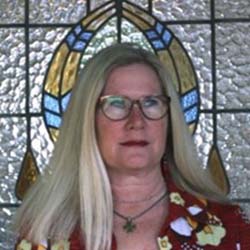
Hayley Hayes-Roberts
Dr Hayley Hayes-Roberts is a Design Historian, NIHSS peer mentor and was awarded an interdisciplinary PhD in History from UWC in 2020. Her thesis ‘Frameworks of Representation: A Design History of the District Six Museum in Cape Town’ related to how the museum utilised design as a strategic and political tool to navigate and negotiate its presence and the legacies of apartheid forced removals in the city. Her areas of expertise and experience include Museum and Heritage studies, exhibition curatorship, Art History, Design Thinking, Design, Social, Textile, Fashion and Oral History. Hayley began her career as a Graphic and Textile designer, later completing a B: Tech Degree in Post school Education and lectured in Textile History, Design and Visual Art. Hayley holds a Postgraduate Diploma in Museum and Heritage studies, UWC (2010) and a MA in History with a specialization in Museum and Heritage studies, cum laude, UWC (2012) that surfaced social, design and architectural histories through the Sacks Futeran & Co buildings in Cape Town. As a senior researcher, (2011-2013) headed the Two Rivers Project, a District Six Museum initiative to work with the memories of forced removals at six sites in the southern suburbs of Cape Town. A collaged visual memory box archival system was designed for the museum. Her most recent position was at Iziko Museums of South Africa (2014-2020) in Social History education resource development and facilitated a Fashion History, Textile studies and Design History student mentorship programme enabling a critical awareness of design while fostering archival research skills and design studies within a museum context. Research interests include post-apartheid museum design and curation, cultural branding, memory methodologies, gender and design, interdisciplinary research, visual history, intangible cultural heritage, cultural tourism, craft skills, expressive arts in healing trauma, and regeneration of the social self. Recipient of DAC and NIHSS scholarships (2010-2020).
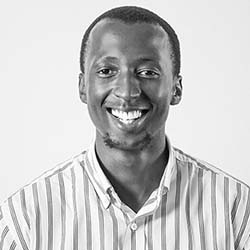
LLoyd Melusi Maphosa
Lloyd Melusi Maphosa is a Business/Economic Historian who completed his PhD at Stellenbosch University in 2020. His area of focus is the history of joint stock companies in colonial South Africa. Using micro-data from Limited Companies records, he explores various themes about the impact of joint stock companies in South African history as well as how they affected capitalist relations. In addition to History Access, he is an active member of the Frontiers of Finance; a research group focusing on the business history of South Africa. His work mostly uses both quantitative and qualitative methods. Apart from this, he is fascinated by cultural histories, African political ideas, and studies of gender, inequality and the development of Africa.
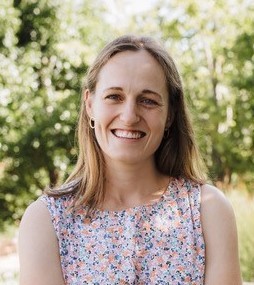
Mia Uys
Mia Uys is a first year PhD candidate at the University of Cape Town working on a more-than-human history of South Africa’s National Zoological Garden. This project aims to investigate the changing ways animals experienced captivity at the institution, and the broader global trade network they formed part of. She was awarded the Oppenheimer Memorial Trust Local Scholarship to pursue this project. She has published research on animal performances in South African’s circus industry which formed part of her MA dissertation at Stellenbosch University.
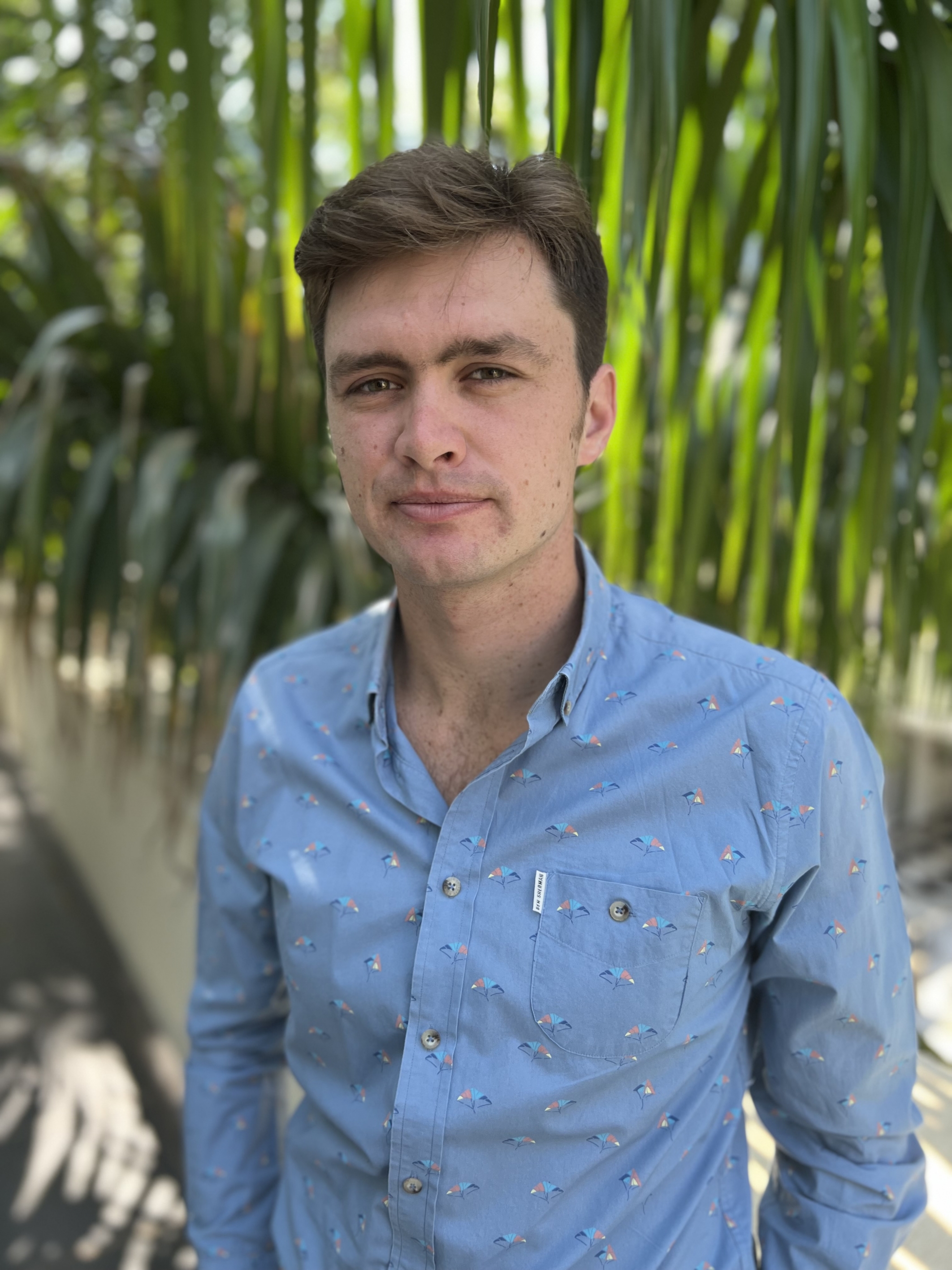
Sebastian Alfredo Moronell
Sebastian grew up between South Africa and Zambia, an experience that developed an already-keen sense of history, for it introduced him early on to the different ways societies engage and digest the past. It led to a BA in History and Public Policy & Administration, followed by a BA (Hons) in Economic History at the University of Cape Town (UCT). In between studying, he also grew to love photography, art and writing, which explains the direction of his MA research, also read at UCT. His MA dissertation - entitled The Visual Syntax of a Postcolony: Photographs in Zambia 1930s - 1980s - studied the performance of power, and resistance to it, in the material histories of the production, circulation and reception of photographs in Zambia. In the meantime, he has taught undergraduate and postgraduate courses in both Cape Town and Lusaka, co-created a social history photography archive in Zambia, worked at an investment firm, and has tried for a number of years – alas, unsuccessfully – to finish reading Marx’s Capital.
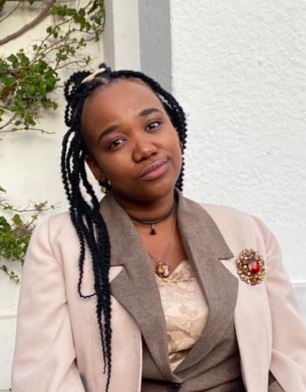
Zola Mbinda
Zola Mbinda is a lecturer at the Rhodes University history department where she is also pursuing her PhD. Her main research interests are medical history, gender and women’s studies with a particular focus on fertility, contraception, sexuality and historical health policies. Understanding that the past continues to inform the present, Miss Mbinda’s work has looked at historically ignored histories of women primarily using oral history to create and contribute new archives.
2019 - 2020 Recipients

Abdud-Dayyaan Badroodien
My research interests lie in the ways in which history can be explored through the crucial questions of language. Framing histories through language further demonstrates how structures of power in African societies deeply shaped by histories of colonialism, oppression and inequality were fundamentally structured through systems of language. These interests have also shaped my research journey in Historical studies, in which my Honours project explored the impact of colonial Christian missionary philological and linguistic interventions in Southern Africa during the 19th and early 20th centuries, particularly in relation to the racialised philological category of 'the Kafir language'.
The article builds on these initial forays and explores how assumptions around race, power and difference operate within numerous primary texts such as 19th and 20th century colonial grammars and dictionaries. My focus is on the nature of pronunciation and orthography, and in particular ‘click sounds’ as the most overt site of power of this racialised discourse. The article resists unquestioning accepting modern language forms of isiXhosa and isiZulu. Remaining sensitive to the racialised underpinnings of this discourse, it traces how the borders of language are shifted in a discursive complex called ‘the Kafir Language.’
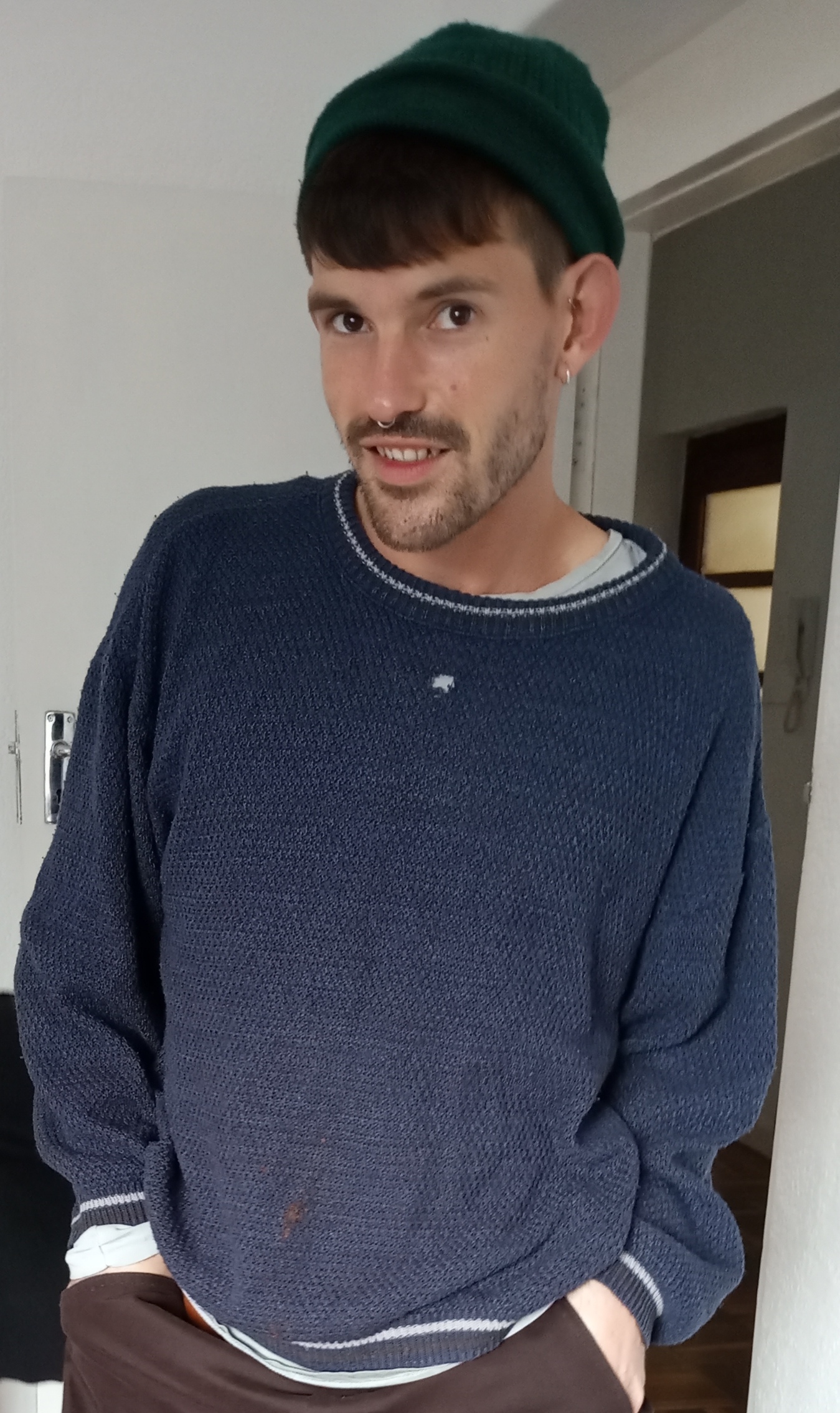
Benjamin Vigne
I will be writing a paper based on my masters dissertation, which explored the ways in which the multiple layers of infrastructure and archive have been coconstituted in Ovamboland from 1915 to 1968 in an effort to store, circulate and redirect water and its knowledge. For this paper I focus on the Tribal Trust Fund system introduced in 1929 and its relation to wells and dams. I consider these as a type of infrastructural assemblage that was constructed on the sediments of land, agriculture and cattle. I engage the concepts of fixity and flow to explore how through this infrastructural assemblage money, grain, water and labour were conceptually and materially connected and expected to produce a particular set of effects - to fix a 'tribal economy' in order to ensure the continued flow of labourers south.
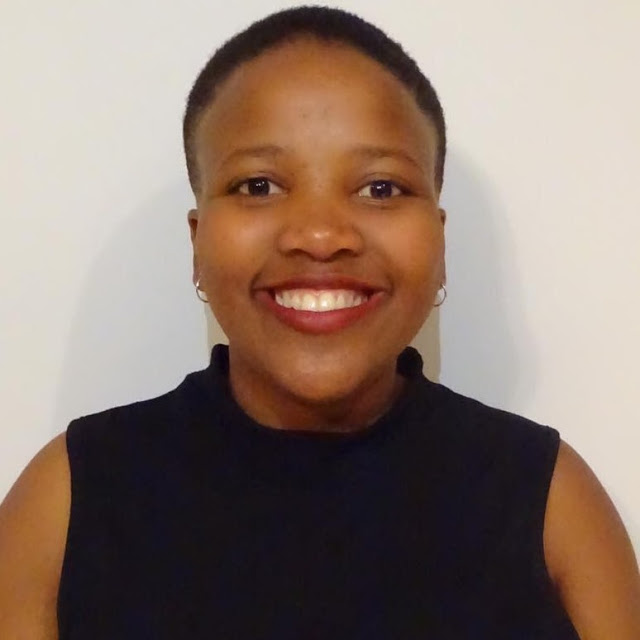
Precious Bikitsha
I am a History Masters student; I recently completed my coursework and will be focusing on my thesis. My Honours thesis explored how Xhosa woman poet, Nontsizi Mgqwetho entered the black counter public sphere in the 1920s through publishing her poetry in Johannesburg newspapers, Abantu Batho and Umteteli wa Bantu. Not much has been written on Mgqwetho so the opportunity to publish work done on Mgqwetho is urgent. The paper that I am writing will focus on Mgqwetho’s poem ‘Imbongi ye Zibuko’ (The poet of the ford).

Zachary Fleishman
My research comes out of a desire to merge contemporary debates in the historical and historiographical disciplines with that of performance. Through this, I wish to use performance as a way of communicating various ideas trapped within academia, as a tool for creating a counter archive and a counter-site for memory and as a space where people can challenge, play with and reconfigure the structures and constructs around them. The contemporary landscape, as is true for landscapes generally, exists as a compound of decisions made by previous actors in relation to the landscape they were met with. However, the present individual’s small-scale, everyday, functional interaction with the landscape works to obscure the history of its emergence. The impetus of my work stems from the desire to isolate parts of the everyday for exhumation so that the depth of the landscape, its production and constitution, can be revealed.
2018 - 2019 Recipients
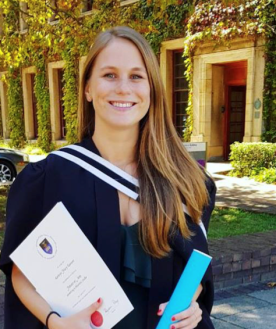
Kathryn Rawson
My research will be looking at the establishment of the Wesleyan Mission Station at Leliefontein in Little Namaqualand in the early 19th C. The impact of the settlement on the Little Namaqua Khoikhoi, who had themselves sought out the services of a missionary, will be considered. In doing so the article will focus on the ways in which the Namaqua Khoikhoi utilized the missionaries, as well as Christianity, to secure their access to land, better their status in society, foster ties with the go
Recipients:vernment at the Cape and protect themselves from neighbouring farmers.

Kevin Elliott
I am investigating the economic living standards of female African domestic workers in South Africa during apartheid. Wage data gathered through the Survey of Houses and Servants (SHS) is used to examine these living standards. The SHS was a national survey run annually by the Department of Statistics between 1950 and 1992. It gathered data on rent expenses and wages paid to domestic workers by white households. This wage data is used to construct real wages and compare how the economic living standards of domestic workers improved and declined during apartheid.
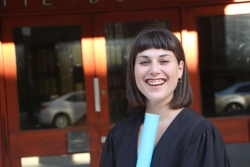
Lucienne Argent
My research uses the frequently overlooked site of public toilets to explore the reciprocal relationship between social values and the built environment in Cape Town. Focusing on the period between 1880 and 1940, my paper explores how public toilets both reflected and operationalized shifting attitudes towards bodies and bodily waste, in ways that reinforced hierarchies of race, class and gender.
Thierry Rousset
I was born in Moka, Mauritius. After completing my schooling in Mauritius I enrolled at the University of Cape Town where I graduated from the Humanities Faculty with Majors in History and Law. I recently completed my PhD in the Department of Historical Studies at the University of Cape Town. My thesis analysed the various metropolitan representations of settler colonialism in the context of Tristan da Cunha. This work had a particular interest in the processes that led to the nativisation and racialisation of the island’s inhabitants. My previous work has looked at the elephant seal oil trade between Cape Town and the Crozet Islands, and the use of destitute children as a labour source in the Cape Colony during the nineteenth century. During his time at UCT I convened courses in environmental history, historical theory, genocide studies, and colonial histories of Africa.
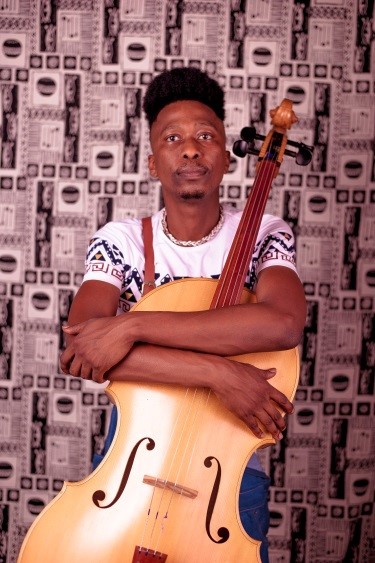
Thokozani Mhlambi
Title: Towards a Sonology of Sensing
I'm writing paper that grapples with sound perspectives as a method for understanding African social formations, in the area now under the province of KwaZulu-Natal, from the 13thcentury and later, and how the turn to sound can offer crucial insights as we produce knowledge. The paper forms part of a larger creative project, that explores the sonic moments which characterized the fields of specialisation in skills such as metallurgy, stonemasonry and song composition. In these moments where sound was bound with power, a particular way of specialized listening emerged, which purported to a way of generating information through sensing, rather than through knowledge as a way of cognition.
